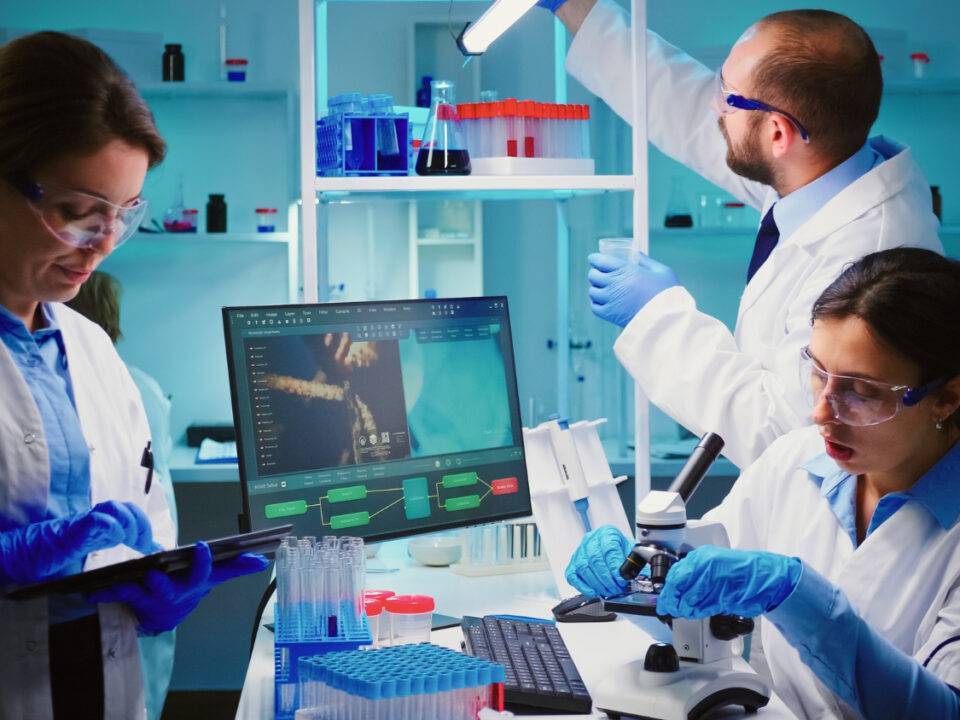Medical Science Liaisons (MSLs) are responsible for engaging with the medical community and serve as a scientific resource to educate and advise on upcoming advances in pharmaceutical treatments. They fill an important role of scientific expertise and are required advanced scientific and academic training.
The MSL position is increasing in popularity among PhDs, PharmDs and MDs and according to the U.S Bureau of Labor Statistics, medical professions like the MSL are among the fastest growing industries today. More drugs are coming to the market and pharmaceutical companies want to touch base and involve physicians earlier in the drug development process, increasing the demand for MSLs.
So, how do you know if an MSL position is the right one for you? Here are five skills you need in order to be successful as a Medical Science Liaison:
1. Communication
The role of MSL is that of a communicator – an intermediary that explains and defines the benefits of pharmaceuticals in the pipeline to hospitals and clinics that would be interested in their company’s offerings. The role requires that you are an excellent communicator with the ability to present complex scientific material in a clear and concise manner. It’s also important to be able to adapt to different personalities. In our new Medical Science Liaison program, we have an entire module dedicated only for developing presentation and communication skills of our MSL students by expert industry practitioners.
2. Confidence & Optimism
While an MSL is establishing a rapport with a hospital, clinic or physician, it will take some time to build trust and a relationship. Not every physician will be happy to see an MSL. It is important to remember that MSLs are not sales reps; they are instead, proactive educators. As an MSL you will be reaching out to people to educate them on your company and its pharmaceuticals. To be successful at this, you must maintain diplomacy, self-discipline and integrity at all times. Walking into a doctor’s office for the first time, introducing yourself, and getting turned away is not uncommon. You have to be motivated and hang in there.
3. Patience
Building upon the previous point, you will need to also be patient as you develop relationships with clinics, hospitals and doctors. Building valuable relationships take time and given the influence MSLs can exert over thought leaders in pharmaceutical industry, patience is truly one of the key virtues to succeed in this role.
4. Time management & Organisation
A successful and effective MSL is one with strong organisational skills. MSLs work hard and spend, on average, 46 to 50 hours per week on the job. MSLs work throughout their company’s product lifecycle, acting as scientific communicators and resources within the medical community as well as scientific experts to internal teams. Effective time management and organisation skills help deal with the combination of long work hours, drug launch schedules and meetings with clinics and doctors.
5. Love for learning
A significant part of a MSLs job is keep up with all of the scientific advancements in their field. MSLs need to be driven to constantly learn and conduct their own research by attending conferences and other venues where new pharmaceutical information and findings are regularly shared. You also need to have a sound understanding of the drug development process and clinical experience, industry landscape and trends and news that impact you or your company.
As you’ll see, there are no programs that prepare you for such an expansive requirement of soft skills development, in addition to scientific foundation, as we do. Reach out to us to find out more about new Medical Science Liaison program or sign up for our free webinar on How to Become an MSL to learn more.

